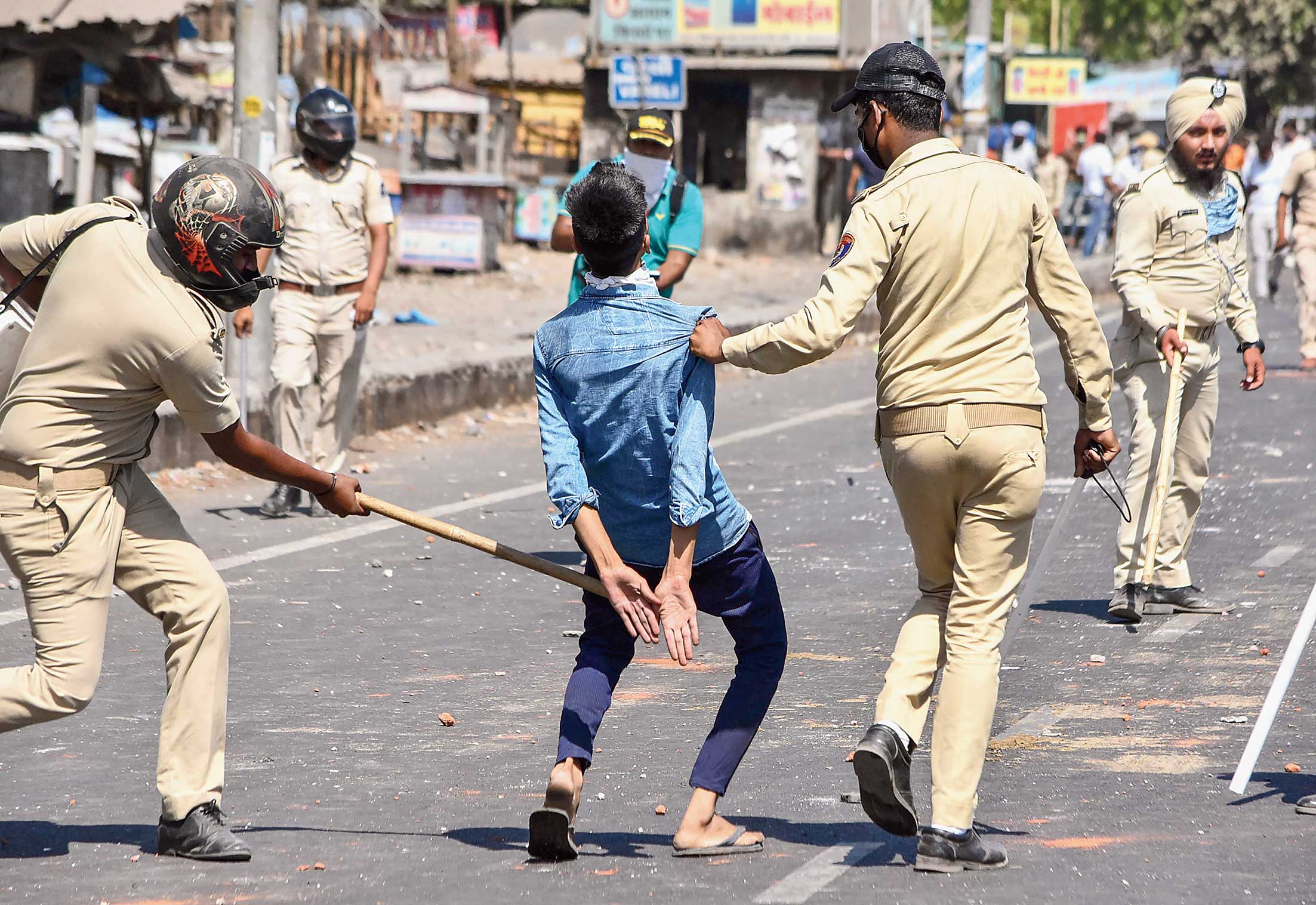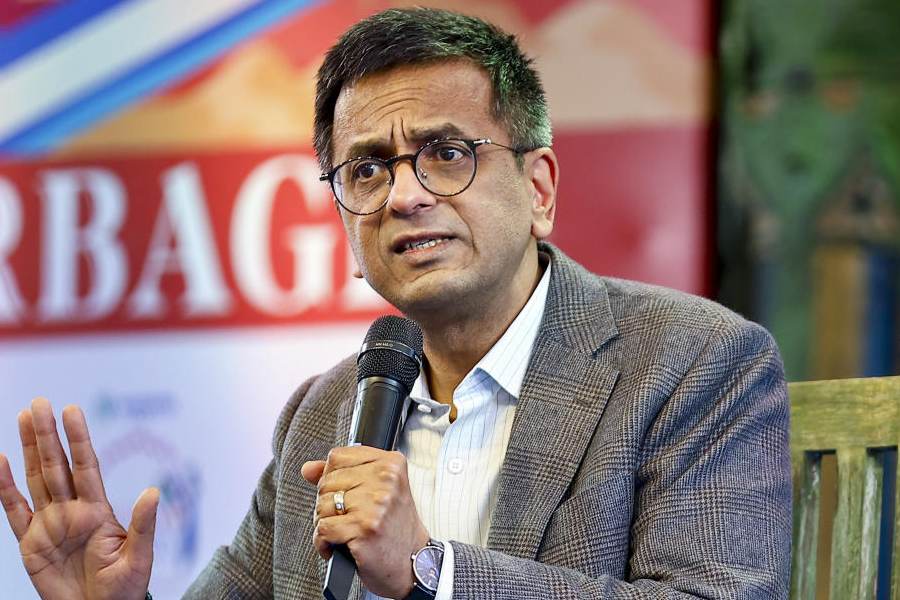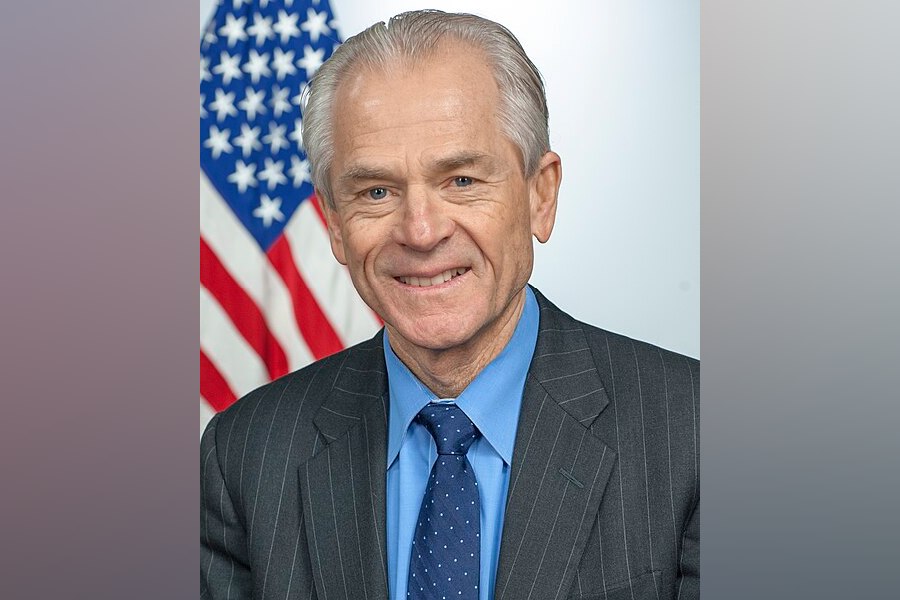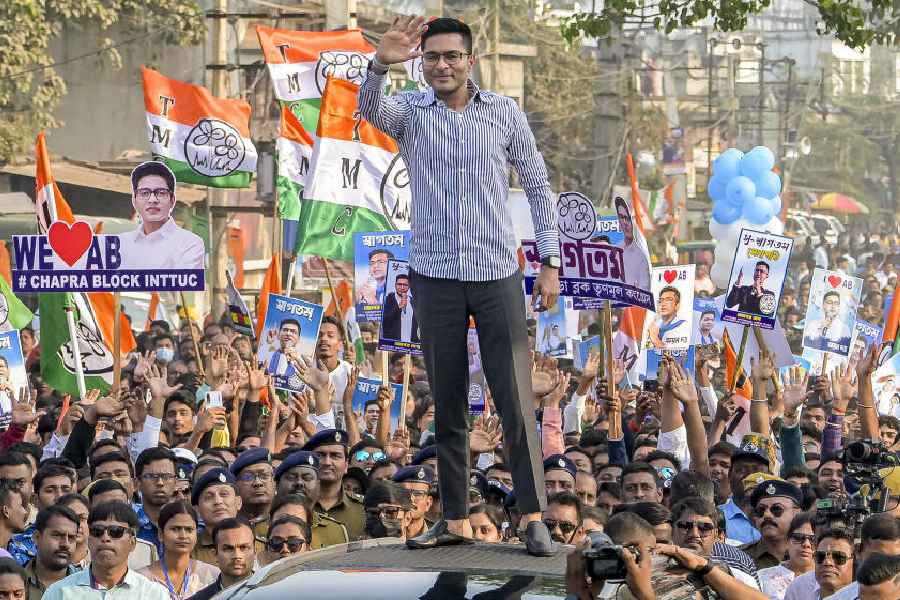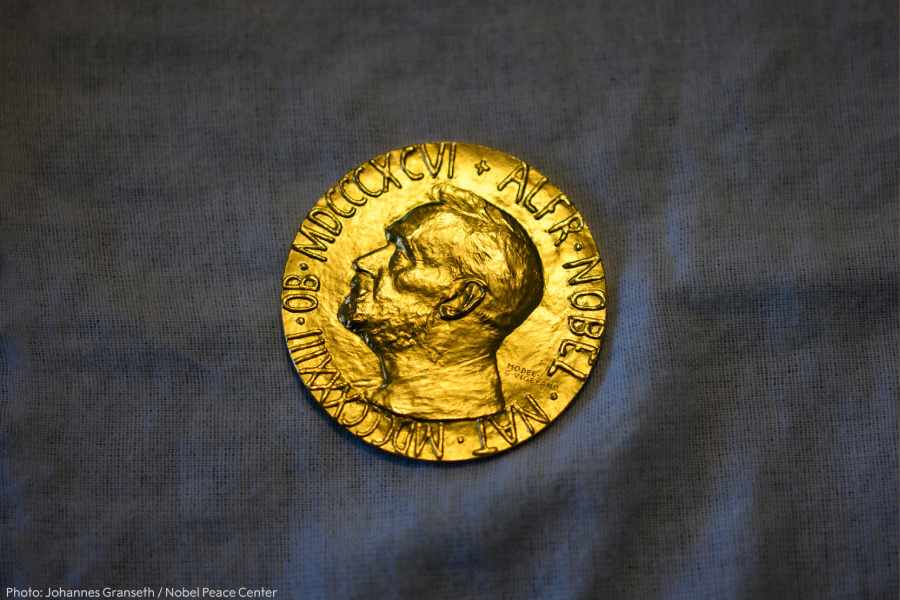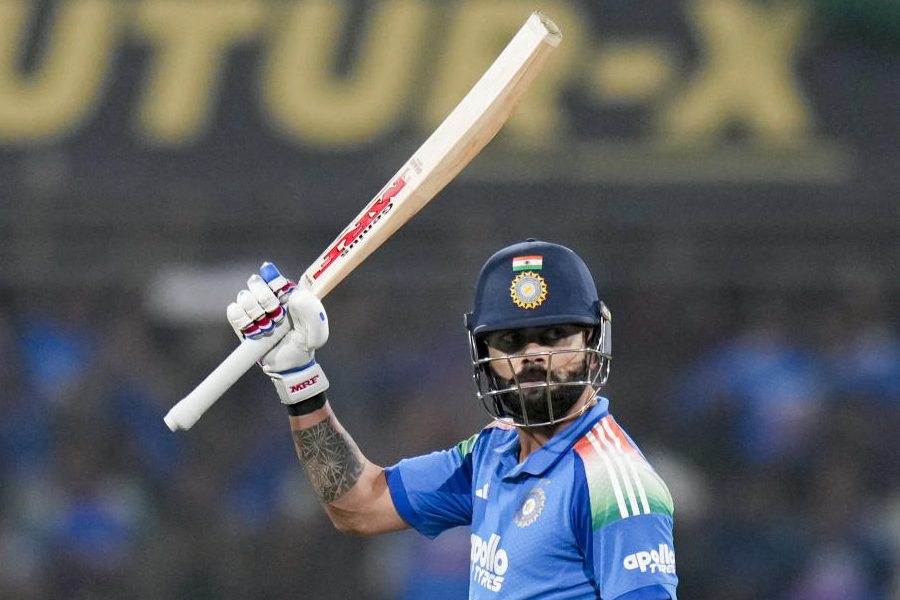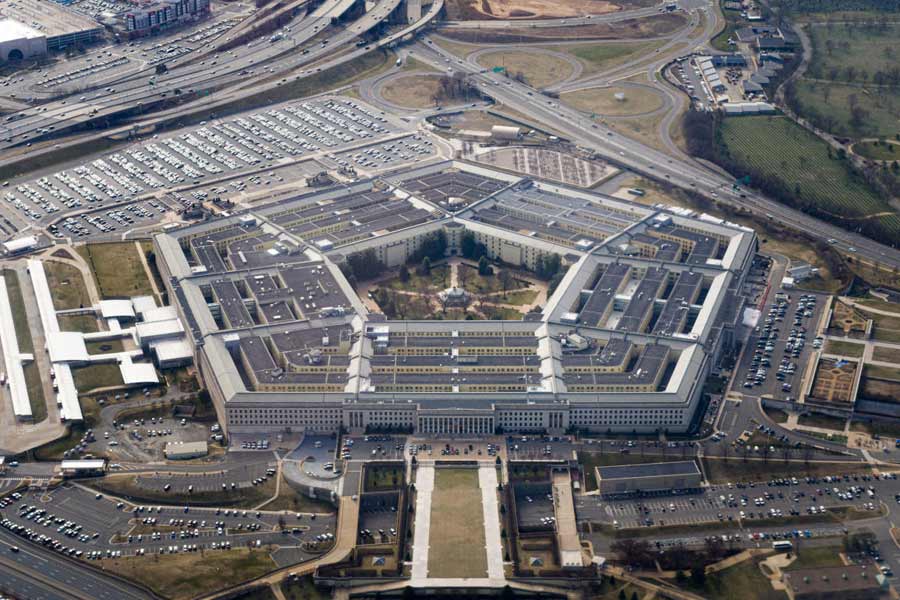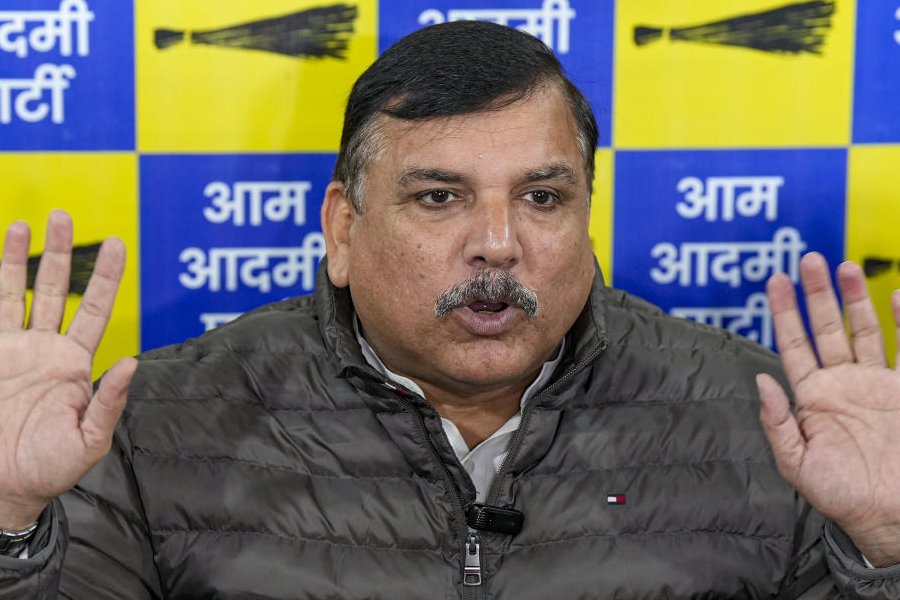The decision to squeeze some money out of the mass movement of migrants blew up in the Centre’s face on Monday, prompting it to try and shift the blame to state governments. But the paper trail shows that states were asked to “collect the ticket fare” and hand over the amount to the Indian Railways.
This is the second time the Narendra Modi government is finding itself at the centre of a storm over the treatment meted out to the poor migrants after locking them down with a four-hour notice in March, which triggered the biggest unplanned exodus in the country since the Partition.
As the plight of the stranded migrants took centre stage again with reports of them having to pay for their fare after a month and a half of unemployment, railway ministry spokesperson Rajesh Dutt Bajpai said on Sunday evening that the guidelines say the sending state would pay the consolidated fare to the railways.
“Sending state may decide to bear this cost or take it from passengers or take it from receiving state after mutual consultation or may charge it to any fund. It is purely their prerogative,” Bajpai said.
“These trains are only and only run on the request of concerned state governments. Railways have no role to play in planning a train. Who will travel in these trains is being decided by the respective state governments,” he told this newspaper on Monday.
His first clarification on Sunday left the door open for collecting the fare from the passengers, in this case migrants.
The guidelines issued by the railway ministry on May 2 for the movement of stranded persons by the Shramik Special Trains have an entire segment on “sale” of tickets.
Clause 11(b) of the guidelines say that the railways shall print train tickets to the specified destination, in line with the number of passengers indicated by the originating state and hand them over to the local state government authority.
The following clause (c) adds: “The local state government authority shall hand over the tickets to the passengers cleared by them and collect the ticket fare and hand over the total amount to the railways.”
Officials on Monday at the railway headquarters and down the chain of command across the country laboured to explain that the provision “collect the ticket fare” does not mean to take it from the migrants.
“State governments are ordering the trains, and it is they who have to pay for it. They can take the money from the receiving states and pay it or collect the money from some other source and pay it. That’s what it means as these trains are being run on the request of state governments,” one of the officials said.
However, the Ahmedabad Mirror newspaper has quoted district collector K.K. Nirala as saying that the train fare was collected from the migrants. “Waiving off GSRTC bus fare can be decided by Gujarat government... But here it is the railway ministry that is making the arrangement and has to take a decision on arranging free travel.”
Vipul Mitra, additional chief secretary, labour and employment, in the BJP-ruled state government said: “We have not received any communication to waive off the charges, so they will have to bear the travel fare.”
The Kerala government is understood to have collected and paid Rs 32 lakh to the railways for the trains that have left the state since Friday. That the workers were paying for the tickets was confirmed by chief minister Pinarayi Vijayan, too, adding that the state had hoped the Centre would waive the fare.
Pointing to the railway guidelines, Trinamul Rajya Sabha leader Derek O’Brien said: “They clearly say that the sending state has to collect the money. So, basically it means collect the money from the migrant workers. Sad. This Is a classic example of uncooperative federalism. The Government of India has a simple theory: when things are good, the Centre takes credit; when things get tough, pass the burden to states.”
Already cash-strapped with the additional burden of dealing with the pandemic and feeding the poor, state governments have been urging the Centre to pay for the return fare. More so, because the Modi government owes states their dues, including the GST compensation.
Over the past four days, 58 trains have been run to ferry stranded migrant workers back home from across the length and breadth of the country.

